
Twenty one health trainees have been sworn-in by the Ghana Peace Corps Mission in Accra to serve as Community Peace Corps Volunteers.
The volunteers undertook months of training in Ghanaian languages--Twi, Dagbani, Ewe, Waali and Mapruli--and cross-cultural exchanges in order equip them with the rules and laws of the country so as to enable them integrate well into various the communities they will be posted to.
Addressing the swearing-in ceremony at the United States Ambassador's Residence in Accra, the Deputy Minister for Health, Madam Tina Mensah, noted that the Peace Corps Mission that existed since 1961, between Ghana and United States (US) and under the leaderships of Dr Kwame Nkrumah and President John F. Kennedy, had brought several benefits to both countries in the areas of international peace keeping and human capacity development.
Madam Mensah noted that both countries had shared cultures that enabled Peace Corps Volunteers to work freely with communities over the years in sectors such as Education, Sanitation, Environment, Nutrition and Hygiene.
Furthermore, she said, Peace Corps Volunteers had also assisted the Ministry of Health and its Agencies in fighting HIV/AIDS and in Malaria prevention, Water Management and Agriculture to ensure that Ghanaians lived healthy lives.
She said the government of Ghana was happy with the zeal of the Peace Corps Volunteers to go into the remote places of the country to learn the cultural ways and the harsh conditions of the people to enable them provide their expertise in the sectors requiring support and assistance.
Madam Mensah pledged government's readiness to support the volunteers with the requisite logistics and the necessary tools to enable them adapt to the communities they were stationed, considering that thousands of lives would be affected and changed for the better through their volunteerism to help humanity.
In her remarks, Melinda Tabler-Stone, Charge d'Affaires of the US Embassy in Accra, disclosed that the 21 Peace Corps Health Volunteers were trained for ten weeks and were now qualified to join more than 5,000 other Americans who served and volunteered in Ghana for over 57 years.
Ms Tabler-Stone noted that no matter the challenges, Peace Corps Volunteers had effectively responded to and confronted all development challenges.
She said all Peace Corps Programmes had empowered communities to take the lead in building schools and clinics, and in providing quality and inclusive policies to improve living conditions.
She made reference to the Ghana beyond aid agenda, saying it would enable Ghana to assume a larger role in the world by contributing to the global economy and security. This, she said, required a healthy population.
She urged the newly sworn-in volunteers to, at all times, avail themselves to working with integrity to serve and change lives and to use the tools the Peace Corps Ghana Staff provided them, such as knowledge of the local languages and cross-cultural exchanges, to bring positive results to community members.
Peace Corps Volunteers are often requested by the communities themselves through the US Peace Corps Office in Ghana, who then train and dispatch the volunteers to the communities to assist the people in identifying their needs.
The volunteers then assist the community in sourcing for small grants from the US or international non-governmental organisations to provide such needs as in building schools, clinics or sanitation facilities, or any facility that fall within their services.
The current group of volunteers would work in areas such as nutrition, water sanitation and hygiene, malaria prevention and HIV and AIDS, among others.
Source: ISD (Aliyah Bayali)
Read Full Story
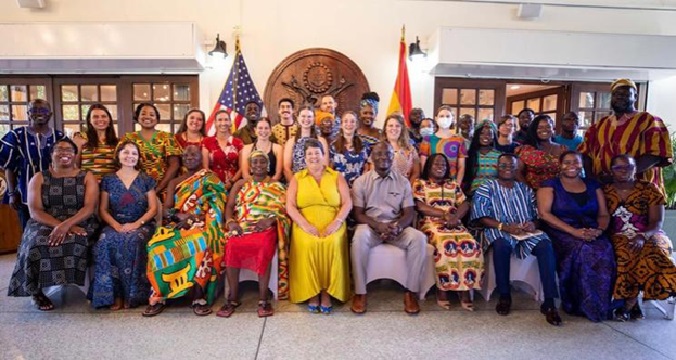

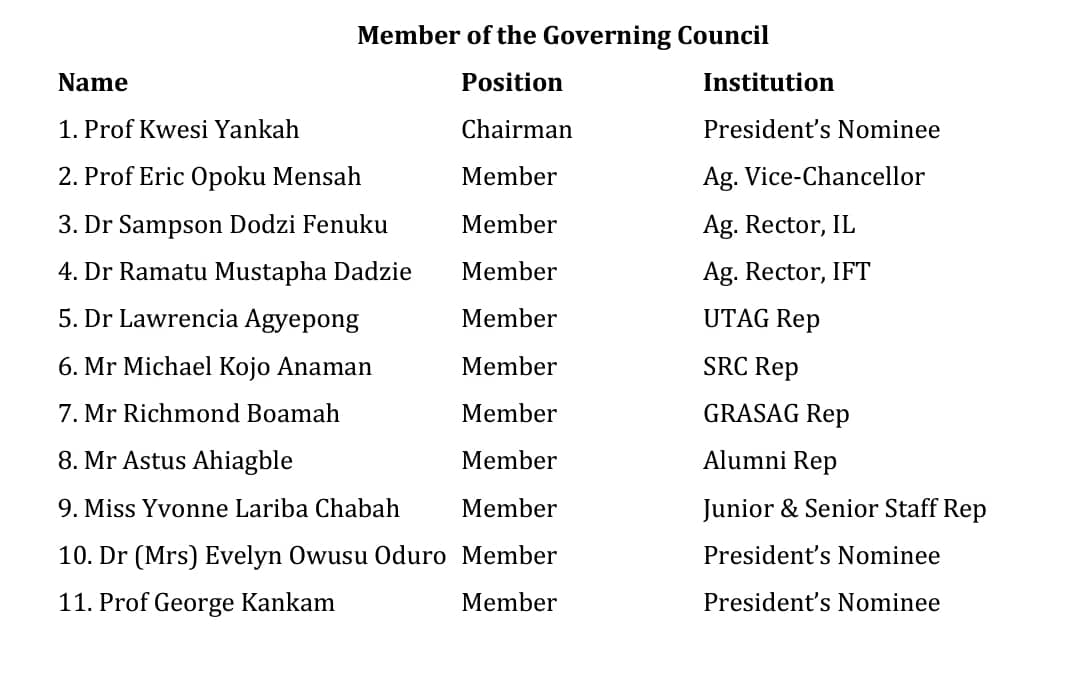













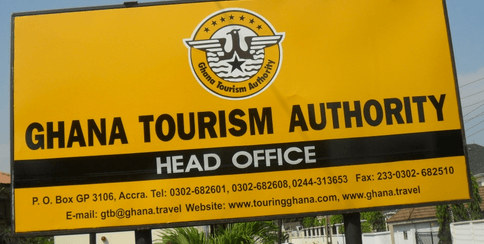

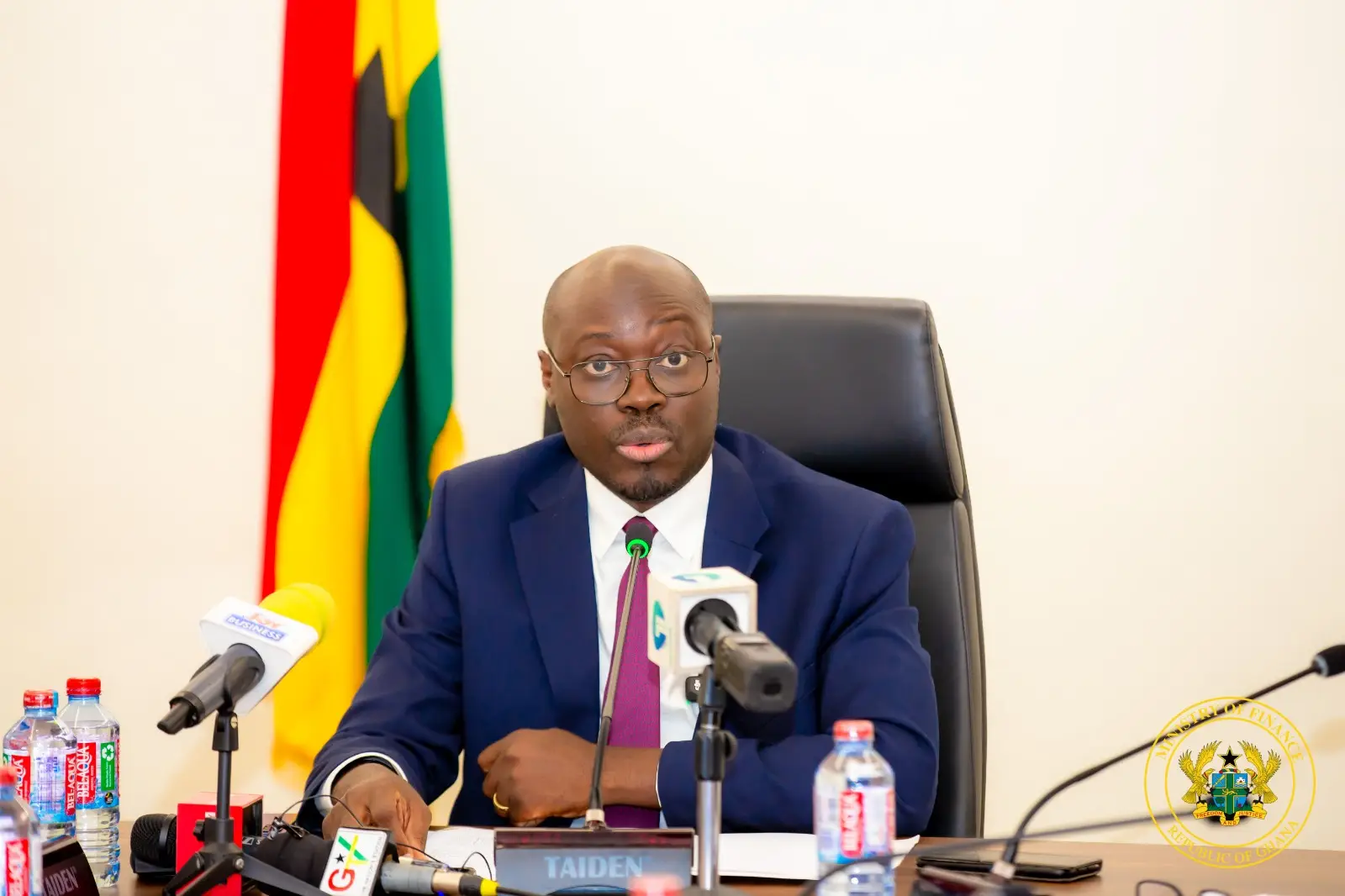
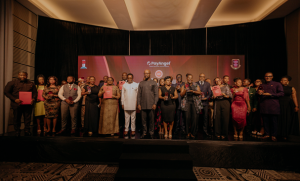


Facebook
Twitter
Pinterest
Instagram
Google+
YouTube
LinkedIn
RSS